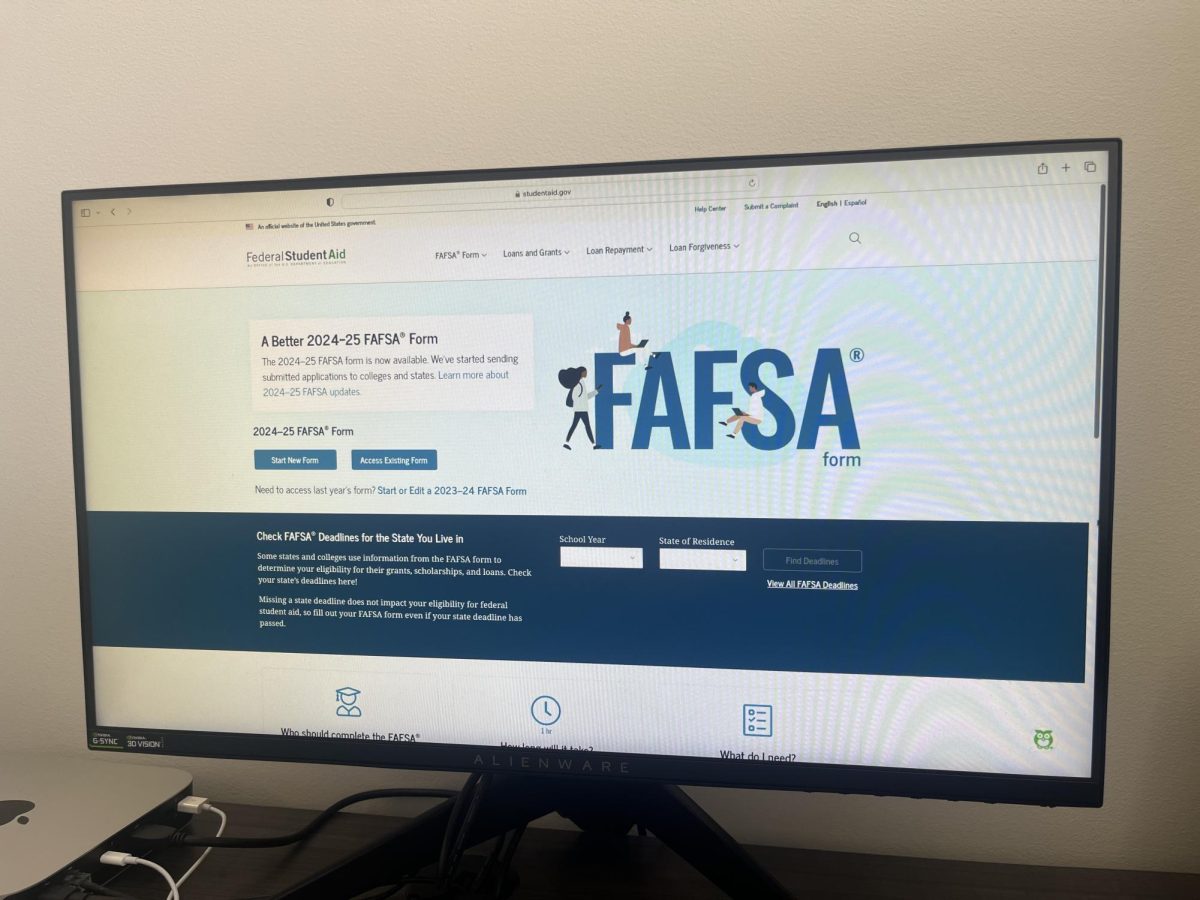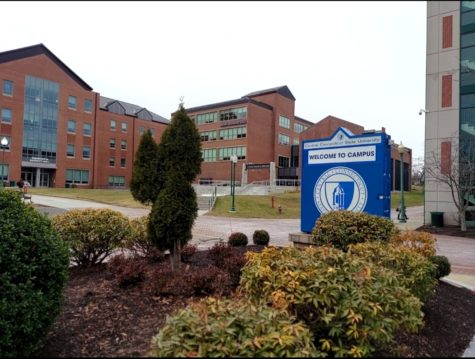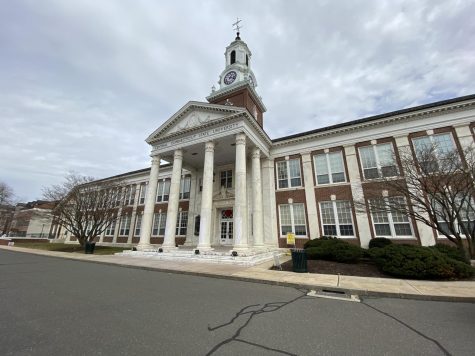Lamont Seeks Aid From Banks For Shutdown Victims
January 24, 2019
Thousands of federal employees have either been furloughed or have to work without pay on account of the United States government shutdown. Connecticut has not been immune to the effects.
According to an article released by the Hartford Courant, some estimated 53,000 Transportation Safety Administration (TSA) agents at Bradley International Airport are working without pay and are turning to food banks to feed their families. In an article published by NPR, the regional food bank Foodshare has set up food pantries in Bradley’s employee parking lots for TSA agents.
Similarly, U.S. Coast Guard members are working without pay. According to an article released by NavyTimes, the academy’s Leamy Hall has turned into a food pantry for those personally affected by the shutdown and of which 160 of the 260 non-essential personnel have been furloughed. Unlike the 2013 shutdown, Connecticut’s defense contractors are spared since the Department of Defense’s budget is not affected by the shutdown, but Connecticut federal employees and their families face dire straits.
However, newly-elected Connecticut Governor Ned Lamont has a solution, partnering with Webster Bank and other banks to provide aid to federal employees, regardless of employee classification, who are affected by the shutdown. The plan Lamont has set into motion will allow for federal employees to apply for unemployment insurance and interest-free loans to be paid back once the government reopens and the employees are paid their back wages.
In a press release, Lamont said that Connecticut banks “will provide loans to those workers who are unable to qualify for unemployment insurance” and that his plan will “help federal workers affected by the shutdown understand the benefits to which they are entitled and pay the bills that they and their families are incurring.”
“The program should mitigate the ‘reverse multiplier effect,'” Dr. Brian Osoba, a CCSU economics professor, said, explaining that Lamont’s plan would be able to make up for the income individuals and establishments have lost as a result of federal workers curtailing a lot of their spending.
Additionally, Osoba commented on Webster Bank’s role in the partnership, saying that “it’s a pretty smart decision.”
“The loans are relatively low risk,” he furthered. ” However, Webster benefits from the good publicity and goodwill. Not only will those who benefit from this program be more likely to do business with Webster, the same will be true for anything hearing about the program. So, the program is really a long-term investment in Webster’s brand image.”
However, Osoba also made a distinction between the different situations faced by federal workers hit by the shutdown and federal contractors.
“It’s important to note that, while federal workers will get back-pay, people employed at private businesses that have contracts with the federal government, or “contractors,” so far have not been guaranteed any back-payment. These individuals are likely hurting very badly. The shutdown will likely have many permanent effects on their lives,” Osoba stated.
It is unclear for how long these loans will be available and if there are other ways for the state to aid those affected by shutdown like, perhaps, but extending payment dates for mortgages. Neither Lamont nor anyone in his office was available to comment on this.
Regardless, Lamont’s initiative is huge for struggling families. But an equally large initiative that hits closer to home is Connecticut State Colleges and Universities President Mark Ojakian’s initiative to provide aid to faculty, staff and students impacted by the shutdown. That initiative includes suspension of tuition payments and financial aid assistance, and Central Connecticut students can turn to the Bursar’s Office for help.















